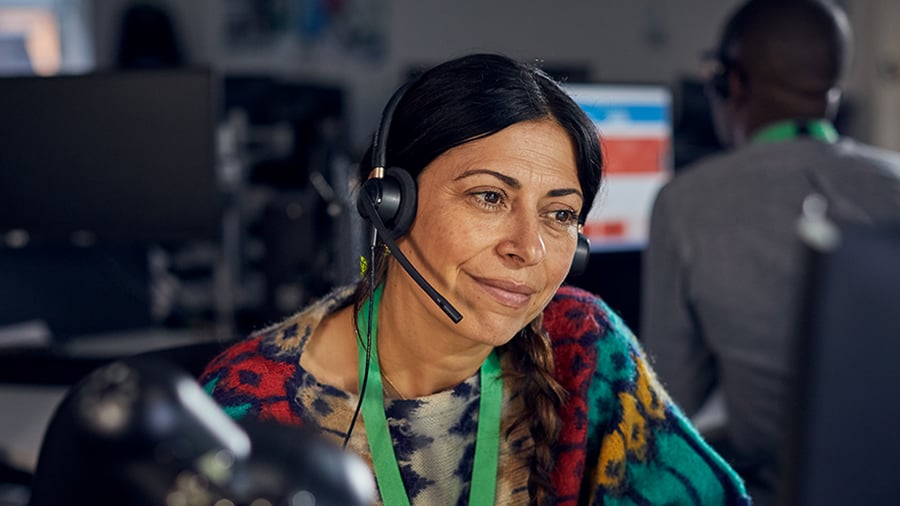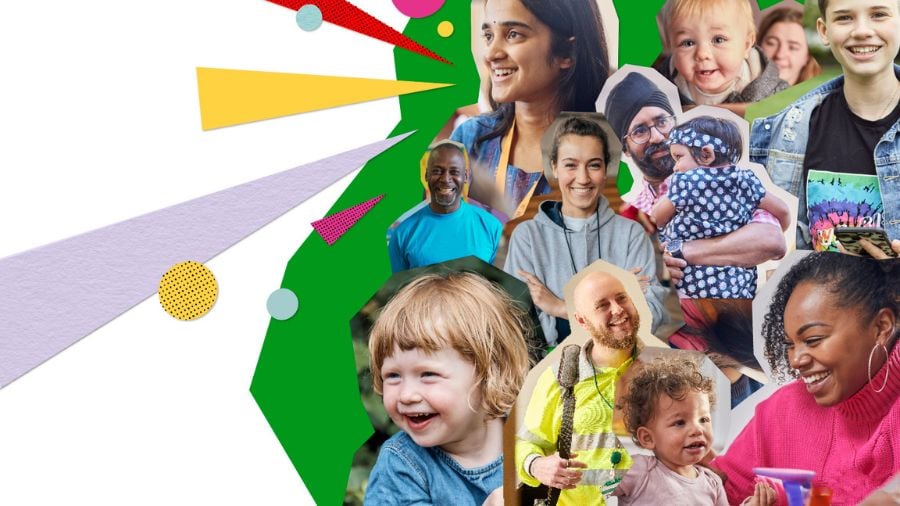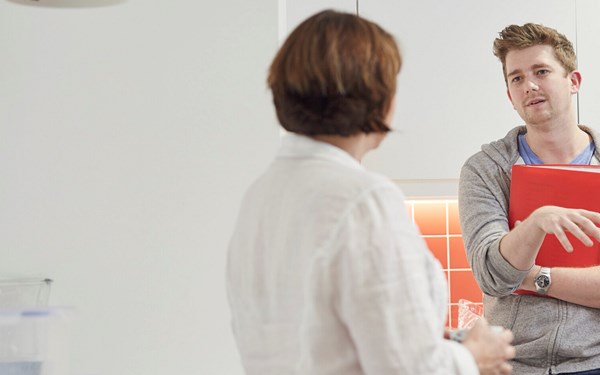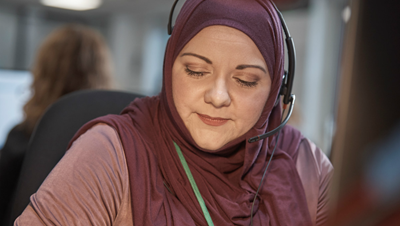When to have a difficult conversation
There are lots of reasons you might have to have a potentially difficult conversation with another adult. It could be about:
- a child’s safety
- drug or alcohol use
- somebody’s mental wellbeing
- potential neglect of a child
- or anything else you feel you need to talk about.
Before you have a difficult conversation, it’s important to consider a few questions.
Are you the right person to bring this up? If you’re speaking about a potentially sensitive topic, think about whether someone else might be better suited to starting the conversation.
Can you trust the other person? If you’re concerned they may be abusive or controlling, share your concerns with a professional instead. They will have experience in handling abusive language and behaviour and know how best to help.
When is the right time to talk? It might be better to wait until there are no children around, and the person you want to speak to can give their full attention. If you want to talk about alcohol or drug use, wait until you’re sure they’re sober. Starting a difficult conversation at an inappropriate time could make the situation worse.
Overall, there are some instances where a conversation isn’t going to be productive or appropriate. But when you find the right time and place, honest conversations between adults can make massive changes for children. If you’re not sure whether to start the conversation, our Helpline is here to support you.
How to start a difficult conversation
When you’ve decided that having a conversation is the right thing to do, it can still feel daunting. But a difficult conversation can be made easier if you follow these steps:
Take a moment to think about what you want to say, then find a comfortable time and a place to start the conversation. Remember, you can’t plan how they’ll respond, but stopping to think may help you feel more confident and prepared.
They might want to talk, or they might not feel ready to open up. Go at their pace. Don’t force it.
Try and be open to what the other person is saying. Be sensitive to what you’re hearing.
Show the other person that you’re here for them. Offer support where you can, but remember that you can only do so much. It’s important to accept that you can’t solve every problem.
Make sure they know they've been listened to. Check you’ve understood what they’ve said or help them decide what to do next.
Conversation tips
If you’re still finding it difficult to know what to say, we’ve got some tips to help guide you.
To start your conversation, you could say:
- “I’d like to speak to you about … is that OK?”
- “I’d like to understand…could we talk about it?”
- “I’m worried about…because of…can we talk about this?”
If you’re transparent with what you want to speak about from the beginning, it will likely make you both feel less anxious. It’s also important to give the other person the chance to consent to the conversation at the start. They might say yes, or they may want to come back to it later. Whatever they choose, you should follow their lead.
When speaking about your worries or concerns, try to share facts rather than feelings:
- “I noticed that you…the other day.”
- “Can we talk about when…happened?”
- “Can you tell me why you…?”
Speaking about facts will help in a difficult conversation because they are harder to dispute. They’ll also help you figure out the problem and get to a solution quicker. Talking mostly about your feelings makes the conversation about you rather than the facts of the situation. This could make someone who’s struggling feel defensive, or they may not open up to you.
Ending the conversation could include asking what they need to happen next:
- “OK I’m glad we’ve spoken about this. How can I support you?”
- “How are you feeling about this chat? What do you want to do next?”
- “Shall we find someone who can help you with this?”
Unless you feel the conversation has fully resolved any issues, continue to offer support if they want it. See what else you can do to help, or if there’s another resource that could be useful. You may also want to follow up in a few weeks, to check in on their wellbeing.
Your safety
Sometimes, people can feel ashamed or get angry while having difficult conversations. Giving people space to feel these emotions is important, but it’s crucial to keep yourself safe.
If somebody’s reaction to a difficult conversation becomes aggressive or violent, remove yourself from the conversation. Don’t react to their response in a way that escalates the situation. And don’t get other people involved unless you’re confident they will be able to calm things down.
If you’re in immediate danger, or even if you fear somebody is going to be harmed, contact the police on 999.
When to go to a professional

If your conversation leaves you feeling uneasy, look for further advice and support. Our Helpline is here for any concerns you might have when it comes to keeping children safe.
If your conversation raises something that leads you to believe that a child or the other person is at risk of harm, do not deal with the situation on your own. You should go to a professional for advice, support or to report a concern. Remember that our Helpline is staffed by dedicated child protection specialists who can help you and take any necessary action.
And remember, if an adult or child is in immediate danger, you should call the police on 999 straight away.
Listen up, Speak up

Sometimes, having difficult conversations is part of keeping children safe. It’s up to all of us to keep children safe. That’s why we’re encouraging every adult in the UK to Listen up, Speak up.
Take our free, 10-minute training and learn what to do if you’re ever worried about a child.
The more people that sign up, the more children we can keep safe.






